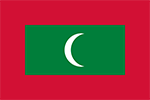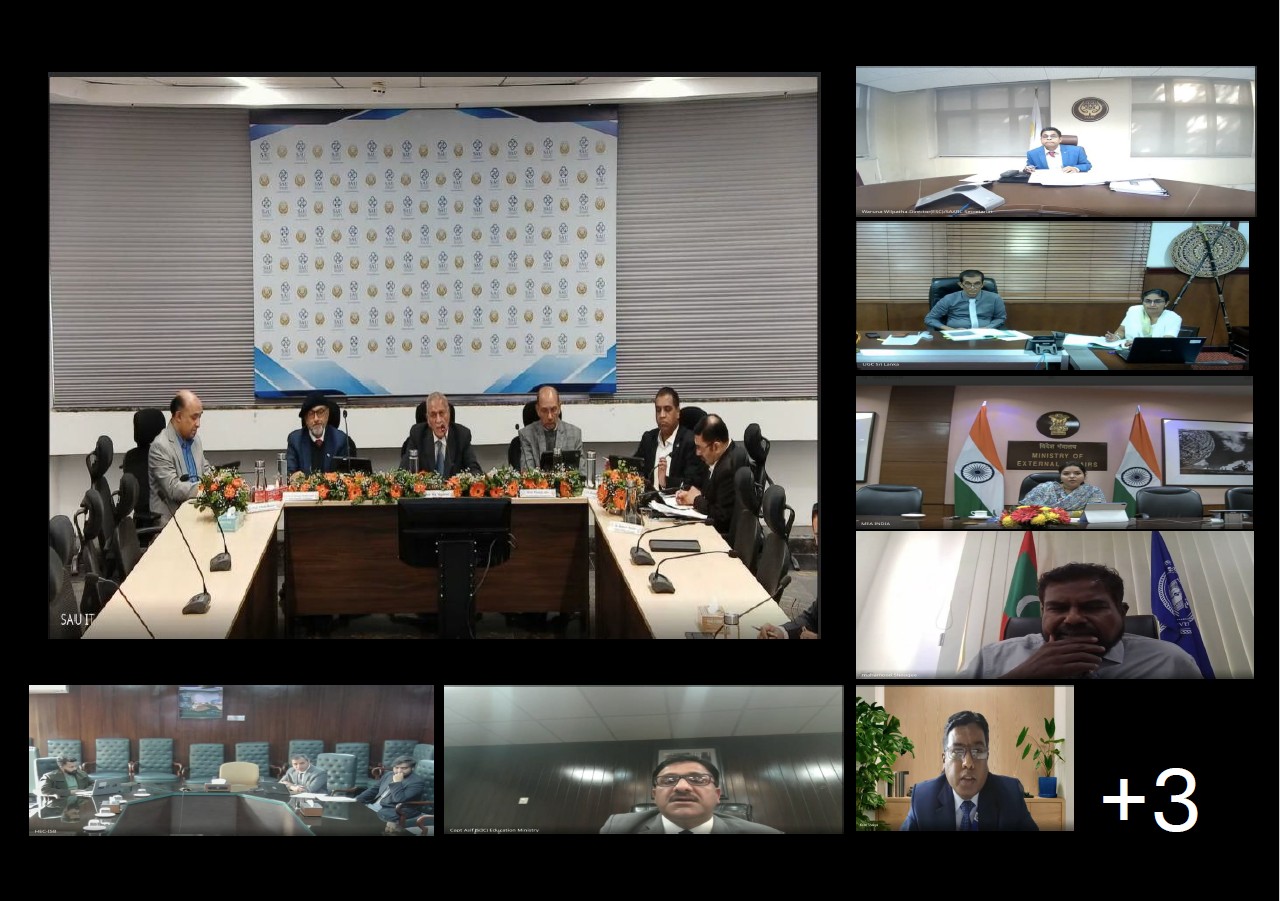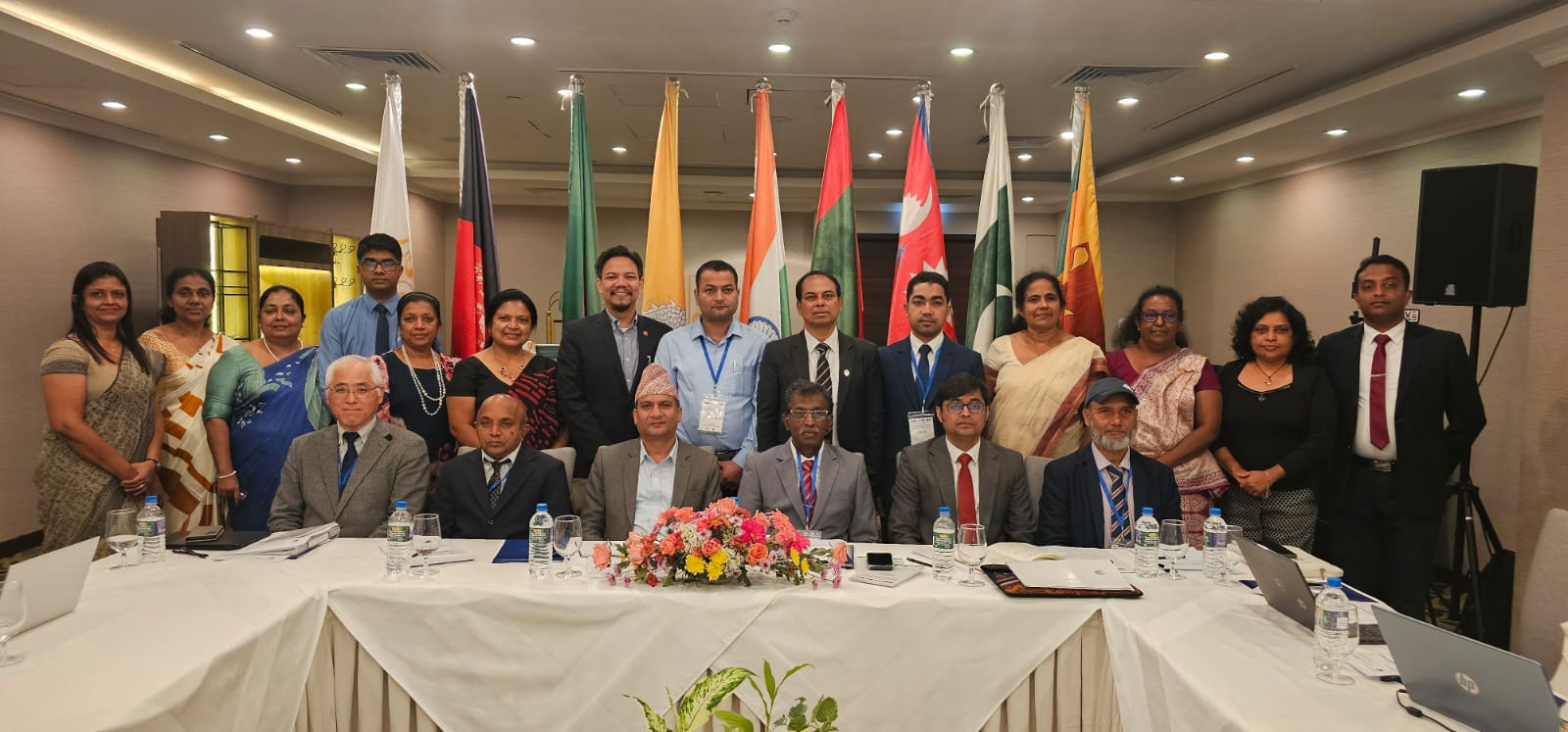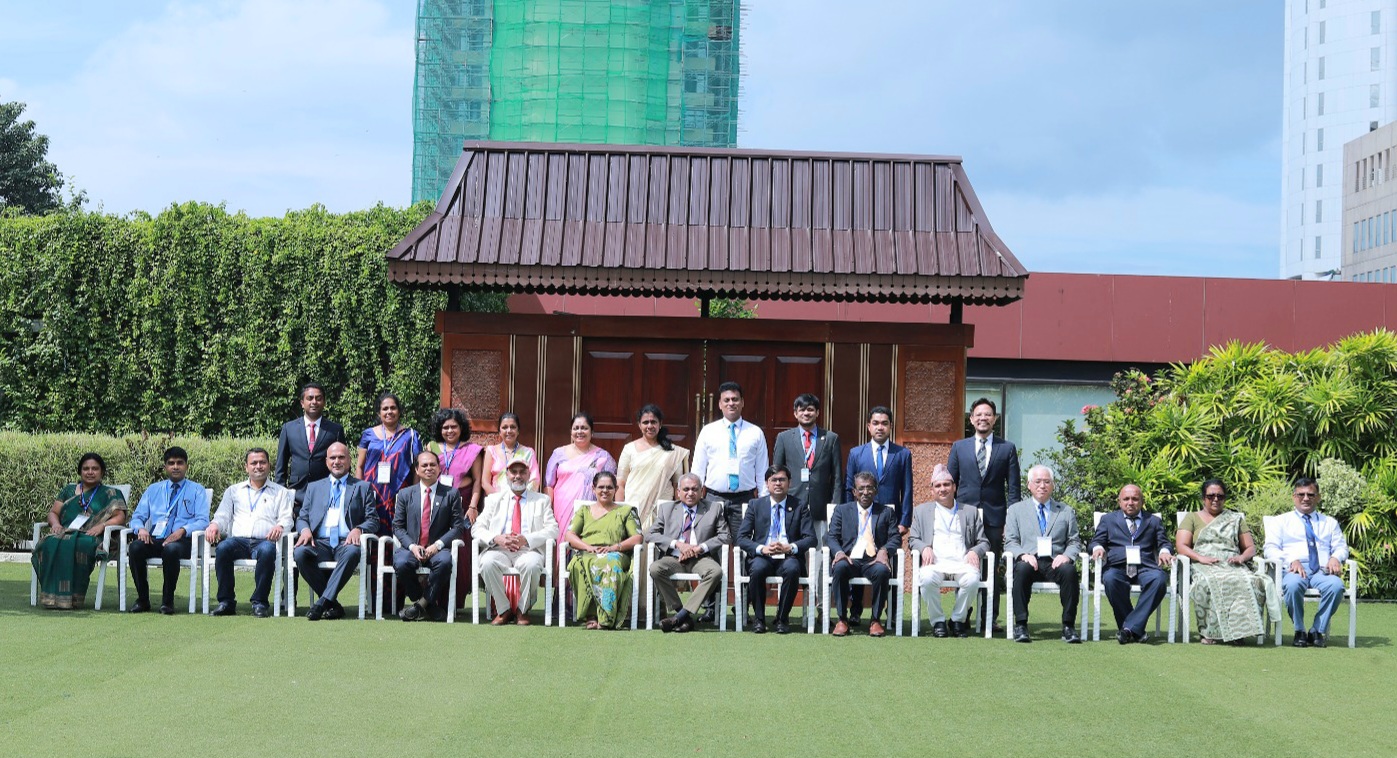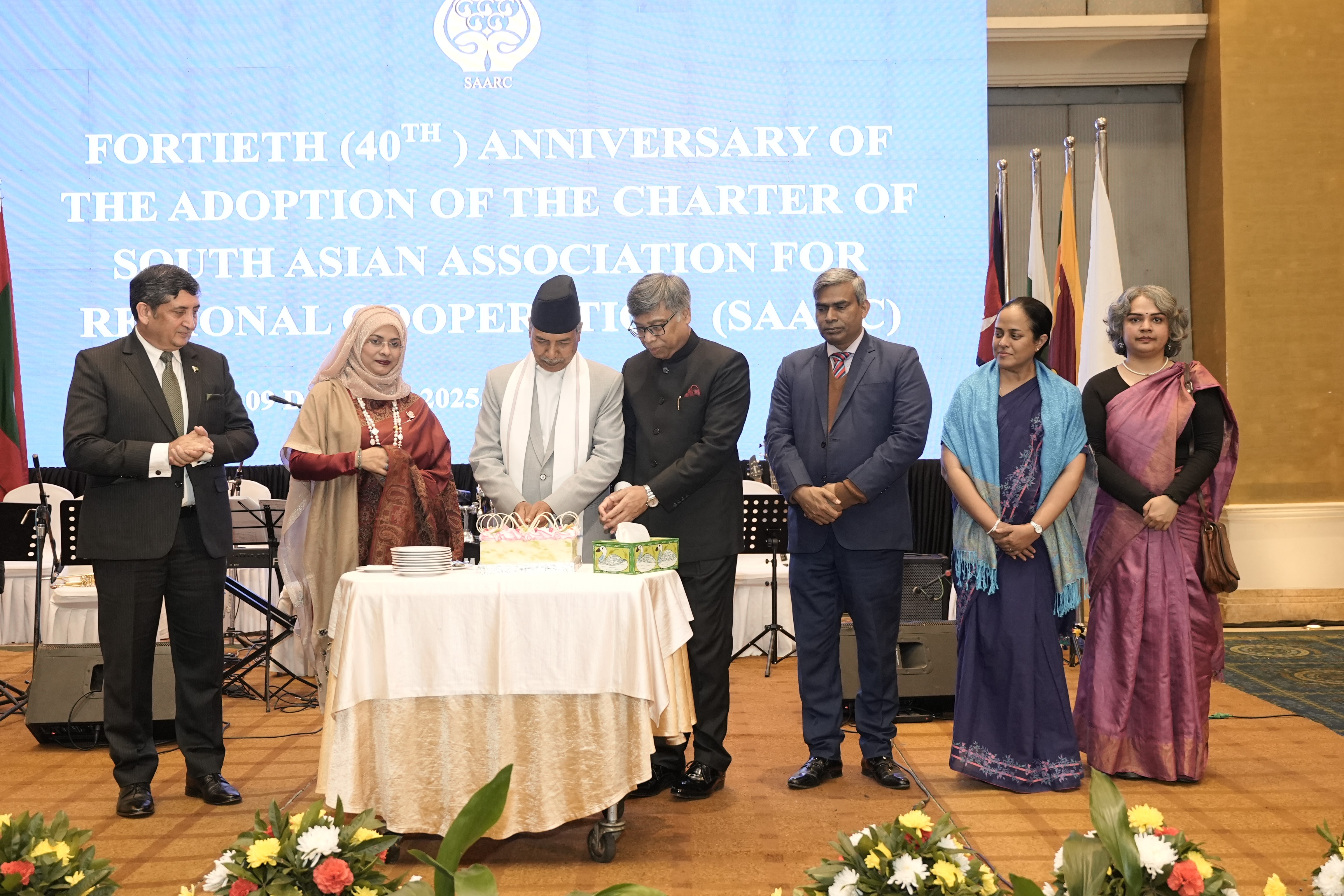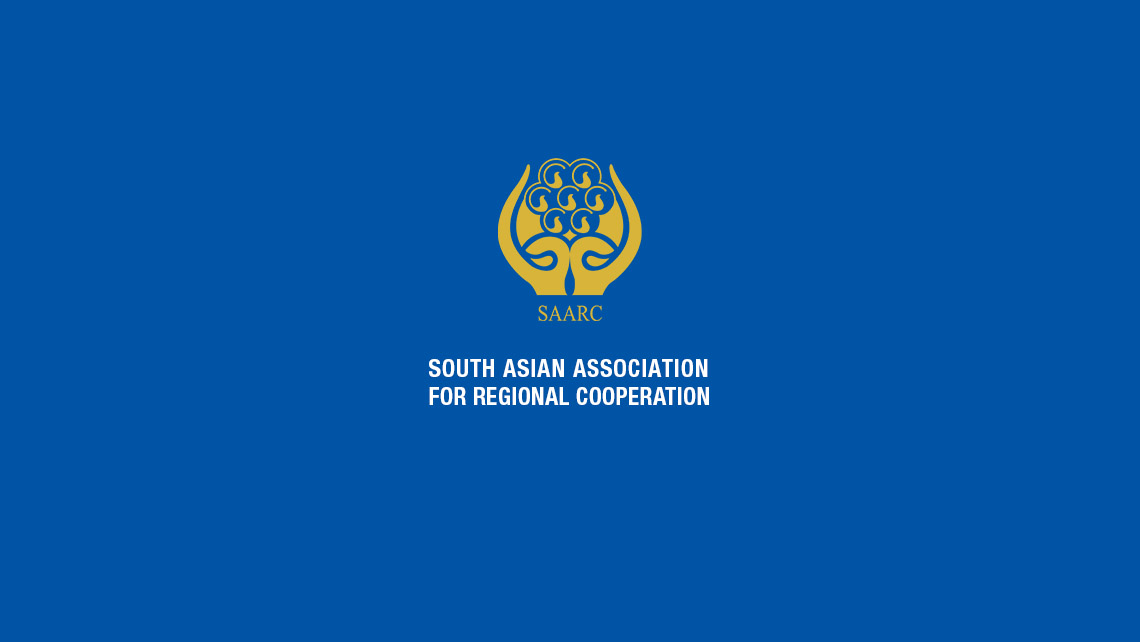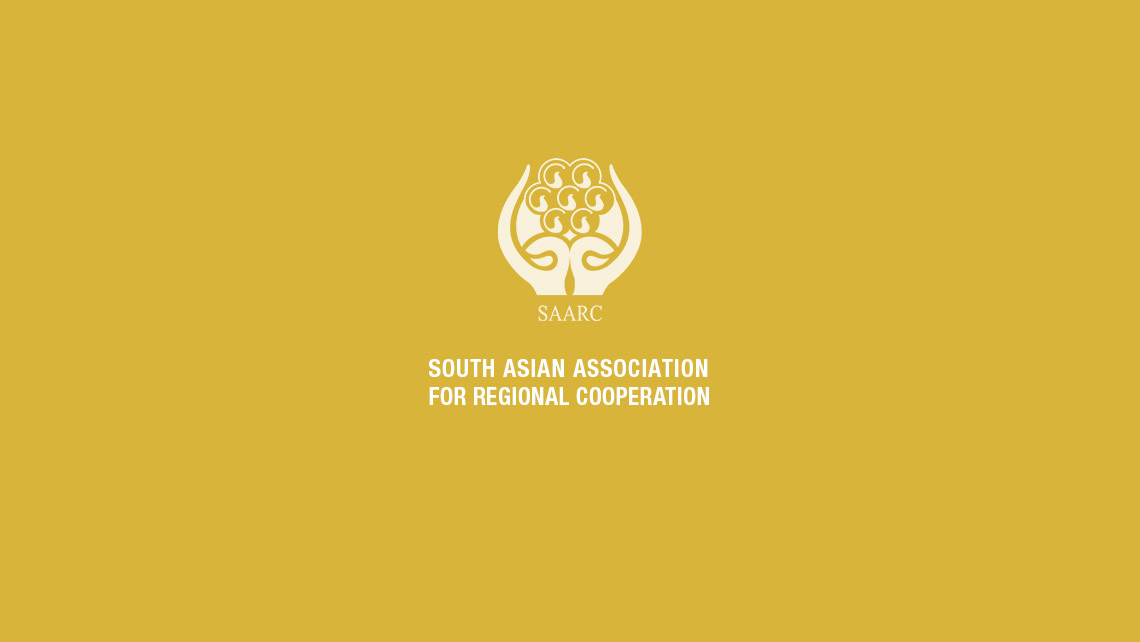A two-day Regional Workshop on “Assessing Impact of Transboundary Animal Diseases in South Asia,” followed by the SAARC CVOs Forum Meeting, was held on Wednesday (10 December 2025) in Colombo, Sri Lanka. The event was jointly organized by the SAARC Agriculture Centre (SAC), Dhaka and the Department of Animal Production and Health (DAPH), Sri Lanka, bringing together leading policymakers, scientists, veterinary experts and development partners from the SAARC Member States (Bangladesh, Bhutan, India, Maldives, Nepal, Pakistan and Sri Lanka), WOAH Asia and Pacific, FAO RAP, ACAPSI and Regional and International Organizations. The workshop aimed to strengthen regional coordination and assess the growing threat of transboundary animal diseases (TADs), which continue to affect livestock productivity, food security and rural livelihoods in South Asia.
Delivering the address of the Chief Guest, Mr. D.P. Wickremasinghe, Secretary, Ministry of Agriculture, Livestock, Land & Irrigation called for stronger investment in technology, laboratory capacity and early-warning systems. He emphasized that safeguarding animal health is key to ensuring food safety, supporting rural economies and enhancing regional trade.
The Guest of Honour, Dr. Palika Fernando, Additional Secretary, Ministry of Agriculture, Livestock, Land & Irrigation, highlighted Sri Lanka’s ongoing efforts to strengthen veterinary services and disease surveillance. She noted that regional workshops such as this provide vital opportunities for countries to learn from each other’s experiences and align their strategies.
Representing the SAARC Secretariat, Mr. Tanvir Ahmad Torophder, Director (ARD & SDF), SAARC Secretariat, Nepal, underscored the importance of integrating regional frameworks with national disease-control programs. He noted that the SAARC Secretariat will continue to support cross-border collaboration, capacity-building and harmonized reporting systems.
Dr. Md. Harunur Rashid, Director, SAARC Agriculture Centre (SAC), in his special remarks, reiterated SAC’s commitment to promoting evidence-based policymaking and fostering collaboration among SAARC Member States. He stressed that South Asia, with one of the world’s largest livestock populations, must adopt a unified strategy to mitigate disease risks. “No single country can tackle TADs alone. Only through shared knowledge and joint action can we build resilient livestock systems,” he said.
The session concluded with remarks by the Chairperson, Dr. K.K. Sarath, Chief Veterinary Officer and Director General of DAPH, who stressed the need for sustained regional commitment. The program began with an overview presentation by Dr. Md. Younus Ali, Senior Program Specialist (Livestock), SAC, who highlighted the economic and social consequences emphasized that regional disease surveillance, joint research and rapid response mechanisms are essential to safeguard livestock-dependent communities.
Mention that, the two-day workshop featured technical sessions, country presentations, and focused group discussions. Key recommendations will be submitted to the SAARC CVOs Forum for policy action. The meeting reaffirmed the region’s commitment to strengthening cooperation against transboundary diseases and safeguarding the livelihoods of millions who depend on livestock.
10 December, 2025





